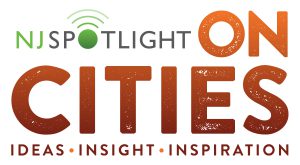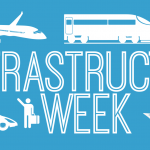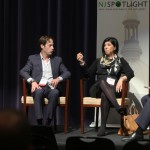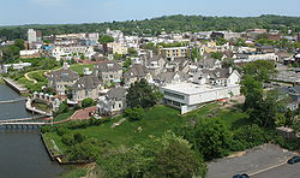New Jersey Future Blog
NJ Spotlight on Cities Looks Toward an Urban Agenda for New Jersey
September 28th, 2016 by New Jersey Future staff
New Jersey Future is a partner for this event focused on the state’s cities.
 What is the future of New Jersey cities? What policy matters should our leaders address? What does a Garden State urban agenda look like?
What is the future of New Jersey cities? What policy matters should our leaders address? What does a Garden State urban agenda look like?
Some of the state’s biggest influencers and advocates will consider these questions when they come together Oct. 14 to tackle these questions at NJ Spotlight On Cities.
NJ Spotlight On Cities 2016 follows up on last year’s inaugural event, offering attendees the opportunity to explore its interdisciplinary nature and to make connections with people from a variety of fields who were all working towards the goal of improving New Jersey’s urban centers.
This year, the diversity of topics remains intact, and will contribute to the day’s overarching theme of building an urban agenda for New Jersey.
The conference will open with two major political figures: former Gov. Tom Kean and Newark Mayor Ras Baraka, in conversation around urban agendas of New Jersey’s past, present and future.
Breakout sessions and short talks will feature subjects as varied as the opioid crisis, affordable housing and gentrification, mobility, community schools and integrated healthcare. New Jersey Future Executive Director Peter Kasabach will moderate a panel on how we move around within our cities and what still needs to be done.
Other panels include discussions of the resurgence of community schools as education reform, and the lead crisis still dogging our cities. Executives from some of New Jersey’s biggest corporate citizens will discuss the roles of their companies in improving the state’s urban communities, and the conference will finish with a look ahead to the role of urban issues in New Jersey’s 2017 gubernatorial race.
The day’s tentative agenda, subject to addition, is available here, and a growing list of confirmed speakers may be found here. Tickets are now available, and discounts are available for non-profit organizations, government employees, educators, students, and community activists.
















